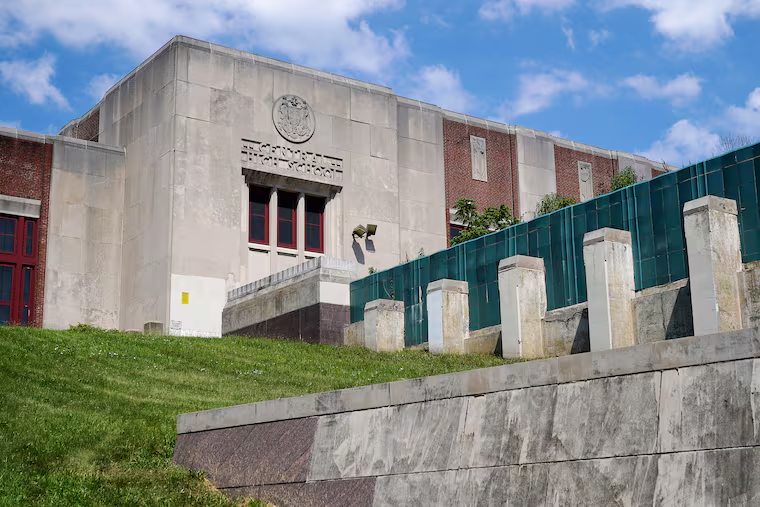When it comes to magnet school admissions, blame the implementation, not the ‘lottery kids’
More supports are needed for incoming freshmen — particularly those from severely underresourced middle schools — to make a new admissions process more effective.

In recent months, the School District of Philadelphia’s new admissions system for magnet high schools has caused an uproar. This admissions system — more colloquially known as the lottery system — was put in place in 2021 to increase the number of qualified students who attend magnet schools from historically underrepresented zip codes.
A 2017 report by the Pew Charitable Trusts found that under the old admissions system, among students with qualifying test scores, special admission schools in Philadelphia rejected higher percentages of Black and Latino students, students receiving federal poverty assistance, and those getting special education support.
Although the lottery system was created to help qualified students in Philadelphia who face barriers to attending magnet schools, some have argued that it has caused the quality of these magnet schools to drop. We have heard many parents, staff, and other students at the magnet school we attend, Central High School, argue that some of the admitted students from underrepresented zip codes lack the required social and academic skills to succeed at a place like Central.
But the students who were admitted to Central and other magnet schools under the lottery system met — and in many cases exceeded — the academic standards that were required. They were at the top of their classes and still had to submit the required essay for acceptance.
While intelligence and talent can be found throughout our city, access to resources and advanced learning opportunities does not exist at every middle school. Moreover, students who entered high school this school year had their learning disrupted by COVID-19. Many of those who are against the lottery system overlook the fact that the most recently admitted freshmen students spent almost the entirety of their middle school years in virtual classrooms.
Many members of this year’s freshman class at Central have told us that they felt traumatized by how they were treated. A number of freshmen have reported being bullied by upperclassmen — and even adults — who refer to them as “lottery kids” and suggest they do not have what it takes to attend Central. We understand from students at other magnet schools that this is happening throughout the city.
As students in the African American Student Union, we are particularly concerned that this unjust treatment is disproportionately harming Black students who come from underresourced middle schools that have no established pipeline of students attending prestigious high schools like Central in the past. Prior to the change in admissions, Black students were underrepresented at Central and Masterman, despite nearly 50% of students in the district being Black.
Before the lottery system was implemented, Black students were 18% of students at Central. After the lottery system was implemented in the 2022-23 school year, the Central High School Office of Diversity, Equity, and Inclusion reports that the Black population rose to nearly 22%. But the lottery system has barely scratched the surface in terms of ensuring equitable representation.
The small increase in Black students at magnet schools like Central and Masterman has come at the same time as claims that students at these schools are not as academically qualified or are more likely to get into trouble. Instead of suggesting that some Philadelphia public school students are less deserving of a good education, we should focus on making sure all middle school students in the district receive the support they deserve when they arrive at any high school.
While the lottery system was created with good intent, it should’ve been rolled out in a way that ensured increased support for underrepresented students. Many schools in Philadelphia are not providing the education students deserve — and that’s because schools are often underfunded and lack the necessary resources to address the challenges students bring with them from outside of school.
Perhaps the district should target specific schools with additional resources. Magnet schools should do more to reach out to students at underrepresented middle schools to encourage talented students to apply, offer mentoring, and even create a bridge program (like we have at Central) to help them prepare. Perhaps the lottery should have targeted specific schools instead of specific zip codes and involved magnet schools reaching out to these schools.
A program that would work side by side with the lottery system would allow magnet schools such as Central to support students who have typically been underrepresented in their classrooms and educate them about the opportunities that are available. And it would mentor all middle schoolers to prepare them for high school. Middle schoolers are, after all, the main focus of the lottery system. The system was put in place with good intentions — and it should continue — but not without significant investment in the students who are most in need of support.
Laila Johnson is the president, Jamerika Grandberry is the vice president, and Dezlen Long is a student in Central High School’s African American Student Union.